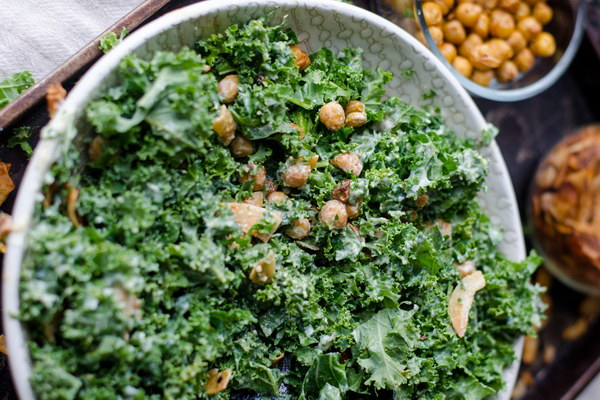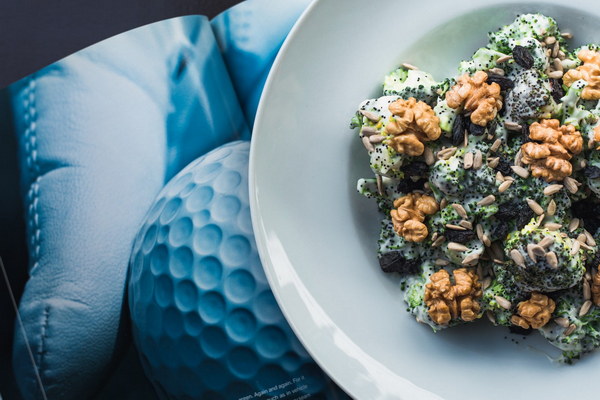Can Simply Eating Less Really Nourish Your Spleen
In the pursuit of health and well-being, many people turn to traditional Chinese medicine (TCM) for guidance. One of the most commonly discussed concepts in TCM is the importance of nourishing the spleen. The question that often arises is: can simply eating less really nourish the spleen? Let's delve into this topic and explore the relationship between diet and spleen health.

The spleen, according to TCM, plays a crucial role in the body's digestion and absorption of nutrients. It is responsible for transforming food into energy and blood, which are essential for maintaining overall health. Therefore, the idea of nourishing the spleen is to ensure that it functions optimally, leading to better digestion and overall well-being.
While it is true that reducing food intake can help to some extent, it is not the only factor that determines spleen health. In TCM, the concept of nourishing the spleen is more comprehensive and involves various aspects of lifestyle and diet. Here are some key points to consider:
1. Balance your diet: It is essential to consume a balanced diet that includes a variety of nutrients. This means incorporating whole grains, lean proteins, fruits, vegetables, and healthy fats into your meals. A well-rounded diet can provide the necessary nutrients for the spleen to function properly.
2. Avoid overeating: While eating less may seem like a simple solution, overeating can strain the spleen. The spleen is responsible for breaking down and absorbing nutrients, so excessive intake can overwhelm its capacity. Therefore, it is important to practice portion control and listen to your body's hunger cues.
3. Eat at regular intervals: Eating meals at regular intervals can help to maintain a steady flow of nutrients to the spleen. Skipping meals or eating irregularly can disrupt the spleen's function and lead to digestive issues.
4. Choose the right foods: Some foods are considered beneficial for spleen health, while others may be more detrimental. Foods such as sweet potatoes, millet, and bananas are known to be spleen-nourishing, as they provide the necessary nutrients and are easy to digest. On the other hand, spicy, cold, and raw foods can be harmful to the spleen.
5. Be mindful of food combinations: In TCM, the way foods are combined can affect the spleen's function. For example, combining proteins with starches can create a heavy and difficult-to-digest meal, which can strain the spleen. It is recommended to follow the principles of food pairing to ensure optimal digestion.
6. Consider the timing of meals: The time of day when you eat can also impact spleen health. For instance, eating dinner too late can disrupt the spleen's natural rhythm, as it is primarily active during the early evening. It is advisable to finish dinner at least two hours before bedtime to allow for proper digestion.
In conclusion, while eating less can contribute to spleen health to some extent, it is not the sole solution. To truly nourish the spleen, it is essential to adopt a holistic approach that includes a balanced diet, portion control, regular meal times, and mindful food choices. By incorporating these practices into your daily routine, you can promote a healthy spleen and enjoy improved digestion and overall well-being.









